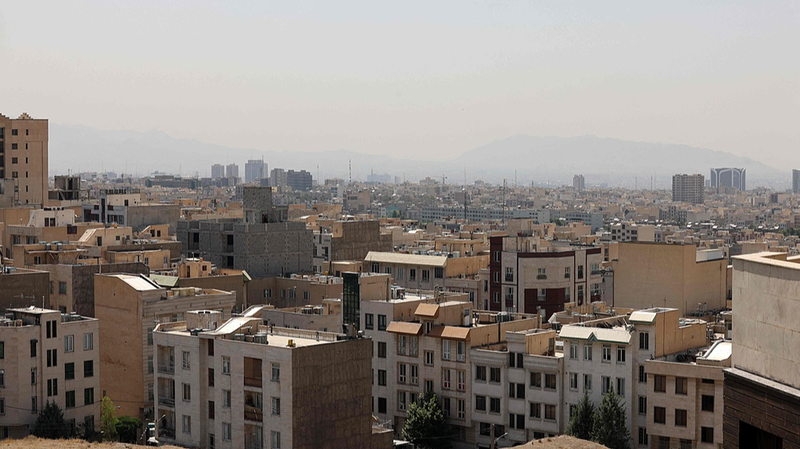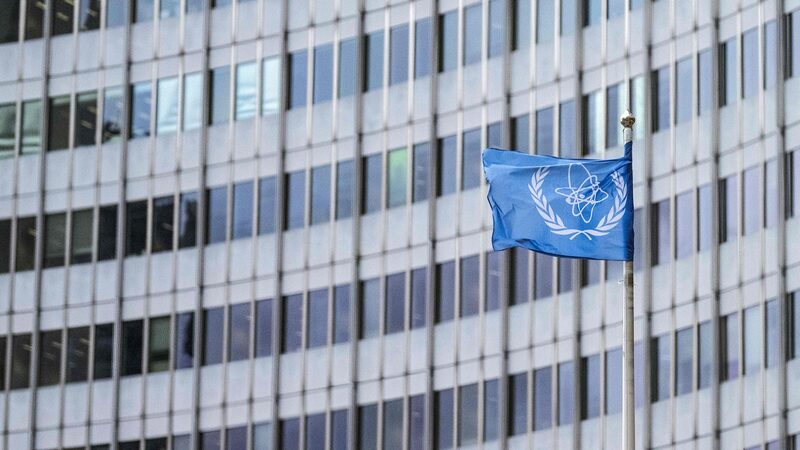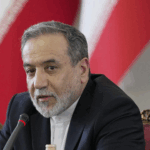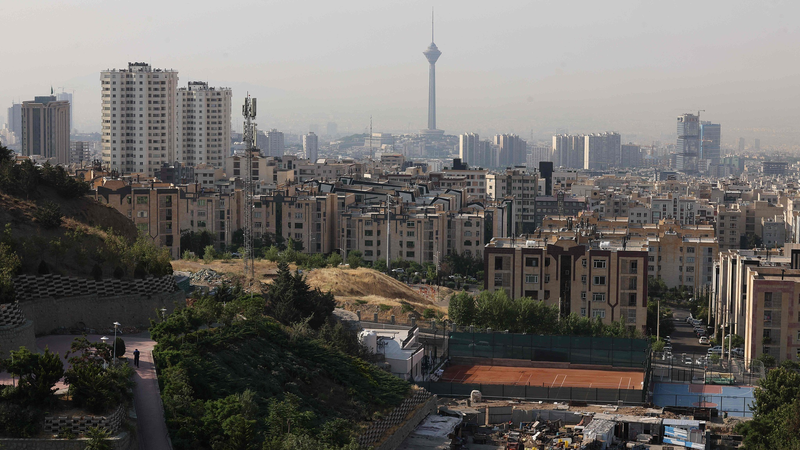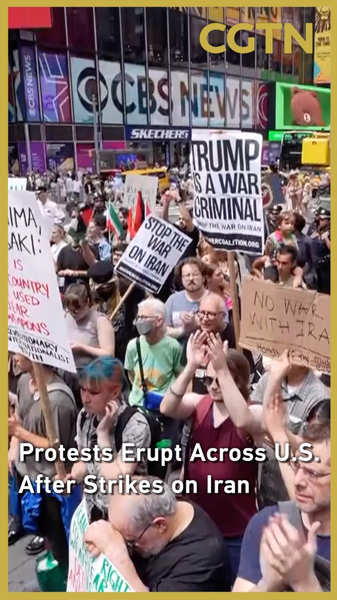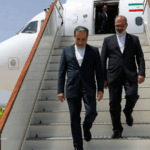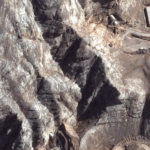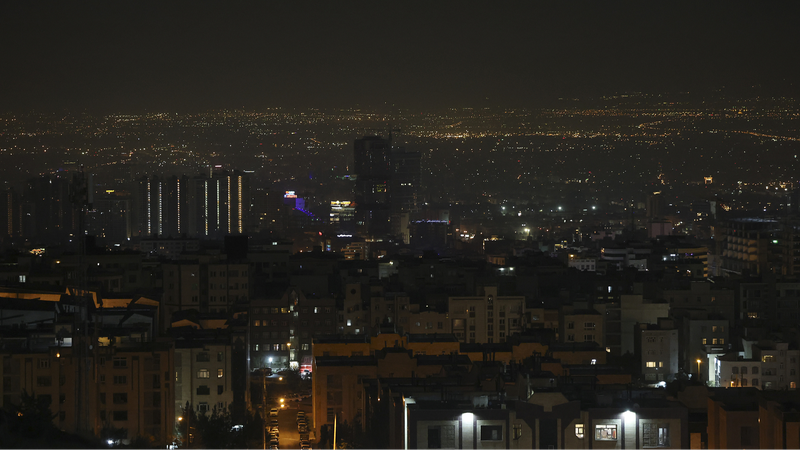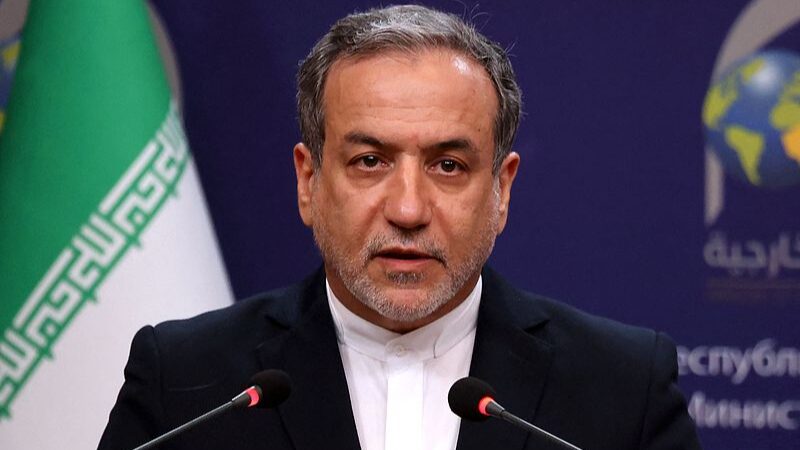As global attention focuses on rising Middle Eastern tensions following U.S. military actions against Iranian nuclear facilities, CGTN's exclusive interview with Mehdi Latifi, a seasoned political analyst and former Islamic Revolutionary Guard Corps advisor, reveals critical insights into Iran's resilience and diplomatic outlook.
Daily Life Amid Crisis
Latifi described Tehran and other cities as maintaining "relative calm," with residents adapting routines honed during the Iran-Iraq War. While nighttime precautions persist, he emphasized public unity: "Instead of fragmentation, there is more social support and awareness." Government protocols ensure continued electricity, internet access, and fuel distribution despite attacks on medical facilities.
Infrastructure and Alleged War Crimes
While nuclear sites were evacuated pre-strike, Latifi condemned bombings of hospitals and universities as violations of international law. "Targeting civilian infrastructure and scientists constitutes a war crime," he stated, noting Israel's alleged role in assassinating academics like Dr. Mohammad Mehdi Tehranchi – a physics professor unrelated to nuclear programs.
Diplomatic Breakdown
The analyst expressed deep skepticism about U.S.-Iran negotiations, citing the timing of strikes during ongoing talks with European nations. "The window for genuine diplomacy has been almost entirely closed," Latifi declared, attributing eroded trust to America's alignment with Israeli operations.
Human Cost and Global Appeal
Latifi framed the conflict as a "war on science," highlighting Iran's determination to continue technological advancement despite losses. He urged international observers to recognize attacks on academia as assaults on national progress, concluding: "Knowledge cannot be destroyed by bombs."
Reference(s):
cgtn.com
